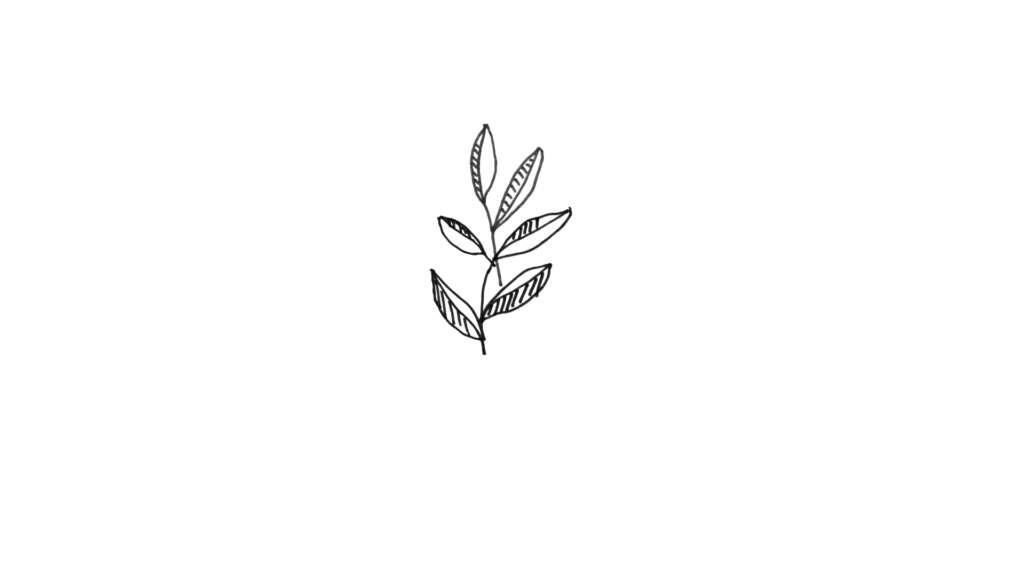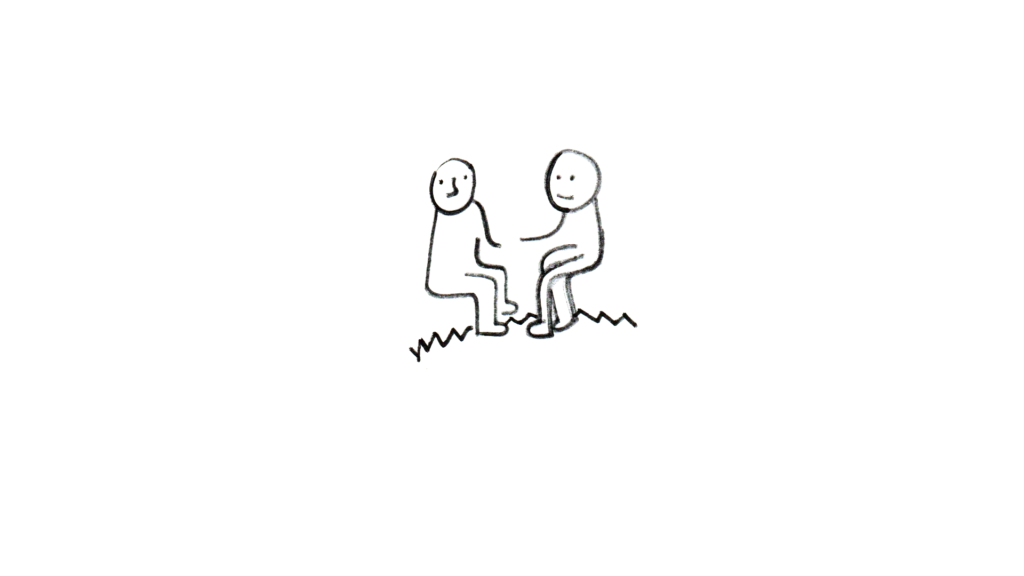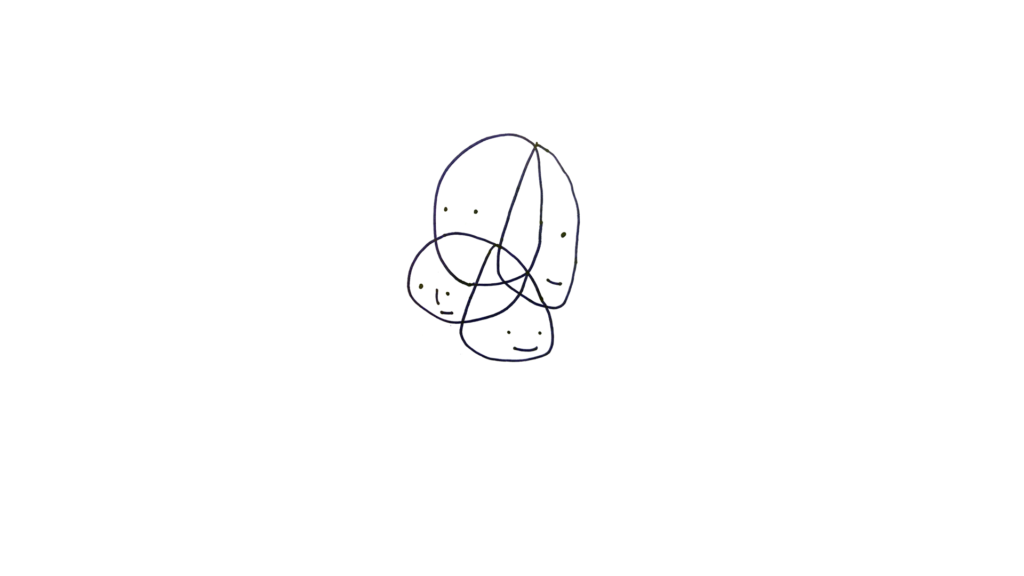Instead of an Epilogue
Jung-Yeon Ma
“Suppose a girl in Kentucky wants to study the Japanese Koto instrument and a graduate at U.C.L.A. wants to experiment with certain Persian or Afghanistan musical instruments. How would they do this?[1]”
In his insightful essay ‘Expanded Education For The Paper-less Society’ (1968), Nam June Paik presented his vision of ‘Instant Global University.’ Now we have a simple and clear answer to his question; the Internet. Back then, there was no Internet, so Paik devised various methods using mail services, video tapes, copy machines, and early computers. Reading his text again, I am touched by his motivation as well as his imaginative methodology to make education more accessible to everyone. Paik humorously described that a ‘live’ teacher was ‘the combination of scholar (that is: data storage and data processing unit) and personality (that is: a highly versatile input-output unit).[2]’ After the breakout of Covid-19, we were forced to substitute a large part of these units with the machines to take a physical distance —— ‘Instant Global University’ was partly realized but for unwanted reasons.
When Taeyoon, Jaemin and I started conceiving ‘the Summer School of Unlearning’ early in 2021, we had the Internet but no idea yet who would be participants and how to be connected with people in Central Asia where we have never been before. Reading books by and on Joseph Beuys, we discussed his and our own experiences in education. From Germany, Carl-Peter Buschkühle was invited to introduce his article titled ‘Beuys and Artistic Education’ based on his recent book. In spring, Gulnara Kasmalieva and Muratbek Djumaliev in Kyrgyzstan, Aigerim Kapar in Kazakhstan joined the project and shared their practices. Thanks to all of them, we could finalize 15 participating artists from 4 different communities called nodes.
‘Summer School of Unlearning’ consisted of 3 online live sessions from July to September. There was of course much more communication to realize them, inside each node and across the nodes. The first two sessions were held among the participants to get to know one another and the graduation ceremony was open to the public, where each participating artist presented a 5 minute video on their unlearning during the summer. Those who were invited from East and West Japan, for example, unlearned beauty, violence and art, common sense, and his/herself. There were unforgettable moments of tears and laughter.
We set our goals for ‘Summer School of Unlearning’ as ‘friendship.’ Like the life-long mutual respect and understanding between Beuys and Paik, friendship is more about trust and engagement than about the length of time spent together. We hope our brief but beautiful friendship can be a seed for a possible transformation for the future, to recover our relationships with the world after this pandemic.
[1] Nam June Paik “Expanded Education For The Paper-less Society” in John G. Hanhardt, Gregory Zinman, Edith Decker-Phillups (eds.) We are in open circuits: writings by Nam June Paik, Cambridge, MA: The MIT Press, 2019, p.130.
[2] ibid., p.138.

A letter to the participants
by Taeyoon Choi
It’s been over a month since the Summer School of Unlearning Graduation Ceremony. The weather here, in South Korea, has chilled and the leaves turned yellow and red. I wonder about the weather where you are, in Osaka, Tokyo, Almaty, Bishkek, St. Petersburg and elsewhere. Upon reflection, the small program we participated and co-created was a truly special experience. I want to thank you for expressing yourself, stepping out of your comfort zone, and for meeting each other. With my heart full of gratitude towards you, I want to share a reflection as one of the organizers.
Like many of you, I was nervous to enter the first session of Summer School of Unlearning. I was asked to create a project about Education for the beuys on/off by the Goethe Institut Tokyo, at the time when I really did not want to teach or have anything to do with Education. The year of 2020 was a treacherous time for me as an academic; recognizing my complicity and participation in the system of exclusion, cultural appropriation, marginalization, tokenization based on race, gender and class. I felt I was in no place to enter a classroom, or create a project that critically examines a complex, and problematic, figure such as Joseph Beuys. Yet, I believe the best path towards repair is to recognize resilience in ourselves, to unlearn our past mistakes. Recognition of our limits and failing is the essential step towards learning and growing.
We learn all the time, in our life, in our work and in our interaction with others. Those who refuse to learn, maybe refusing themselves a chance to live a life. The word root of learn is Latin cogn which means to obtain knowledge. The contemporary use of worlds like cognitive can be translated into Korean 인식 and Chinese 認識(awareness) or 인지 認知(perception). For me, as an artist, educator, and organizer (a term I prefer over activist), it’s important to distinguish learning from studying or formal education. I think learning is a broader concept than education. It’s difficult to translate the word unlearn into Korean. I’ve used 탈학습脫學習, to mean ‘going-beyond the conventional learning/studying,’ but a more intimate expression may be 배우는 행위 자체에 의미를 제기하기 “To question the practice of learning itself”.
The three meetings we had, and infrequent communications over slack, were a series of small unlearning moments. I’m especially touched by the ways we communicated through metaphors and symbols. Sojin Kwak shared photos of lichens, mushrooms and moss in Dongbaek Dongsan in Jeju, South Korea. Hina Omukai shared photos of ikebana, flower arrangements from Japan. Malika Umarova shared photos of lichen from Chon-Kemin valley, Kyrgystan. Aigerim Kapar and her collaborators of Art Collider school shared photos of petroglyphs in the Great Steppe. Despite distance and differences between us, we connected tenderly. Grace Lee Boggs, a Chinese American activist who was based in Detroit, said “Real poverty is the belief that the purpose of life is acquiring wealth and owning things. Real wealth is not the possession of property but the recognition that our deepest need, as human beings, is to keep developing our natural and acquired powers to relate to other human beings.” In the Summer School of Unlearning, we created a web of relationships, with each other and our habitat. The meetings and our conversations felt luxurious because of our shared wealth of connectedness.
During one of the meetings, I expressed my fascination with lichens, which form a symbiotic relationship between living and nonliving organisms, coexisting in interdependence while maintaining each element’s integrity. Kim Cho-yeop, a popular writer in South Korea, wrote the novel ‘Greenhouse at the End of the Earth’, where the protagonists survive a post-apocalyptic world with their weapon of choice, plants. In the world where technocrats have outsmarted themselves with technology, immunization and vaccination no longer protects humans from unnatural elements. Instead of hyper-advanced technology, human, technology and nature’s collaboration leads to a restoration of balance and order in the world. Through the Summer School of Unlearning, we built small, but intricate networks like lichens. Can we continue to collaborate towards building a world towards human and nature collaboration? Perhaps we can start by remembering our short, but meaningful interactions this summer.
Best.
Taeyoon
2021. 10.24

- License:
- CC-BY-NC-ND
